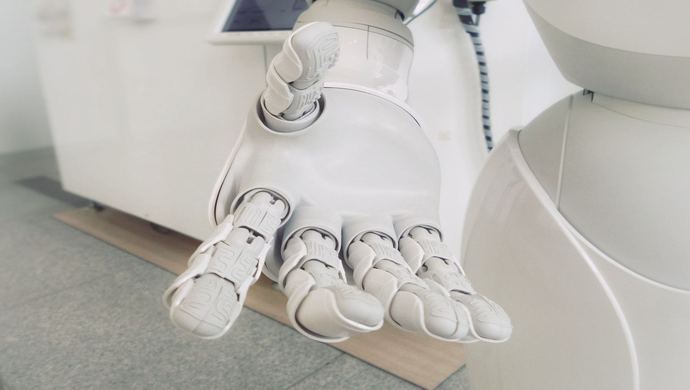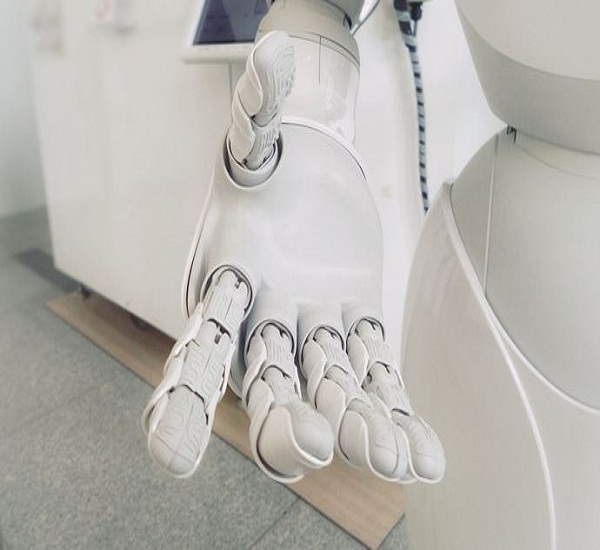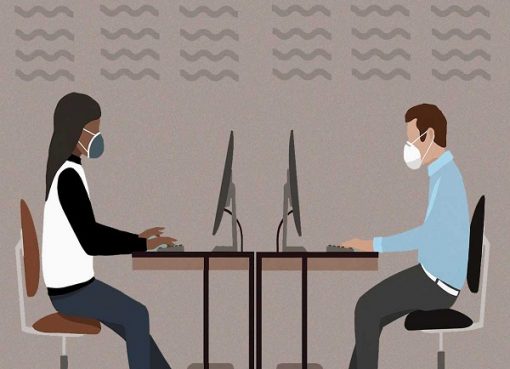AI is not destroying jobs but is, instead, shifting the shape of the labour market and traditional industries, with a high skill workforce required for this new economy
 With driverless cars now regularly tested on the road, an Amazon Alexa or Google Dot device in many homes, AI research is continuing at a rapid pace. It looks inevitable that advanced artificial intelligence will soon cease to be science fiction and will, instead, become science fact.
With driverless cars now regularly tested on the road, an Amazon Alexa or Google Dot device in many homes, AI research is continuing at a rapid pace. It looks inevitable that advanced artificial intelligence will soon cease to be science fiction and will, instead, become science fact.
The full development of this technology would be a significant breakthrough and promises a potentially dramatic transformation of society as we know it.
While the technology has clear benefits to some, those pluses are seen by others as a massive threat to their livelihoods. This is because artificial intelligence poses a huge threat to those working in many industries, with many low skilled jobs – and some other knowledge-based and administrative fields – set to be filled by advanced automation should the technology be developed, which it looks inevitable it will.
It seems very difficult to see what actions can be taken to avert large scale automation across the economy when artificial intelligence technology advances to a sufficient point.
Robots will likely be cheaper to fill factories with and will not need breaks, limited shifts or days off – the basic worker’s rights afforded to human employees. This holds clear profit benefits to bosses and companies, and it is thus easy to see why AI is a potentially major problem for many workers.
What is the threat of artificial intelligence?
The scale of the threat is potentially massive. It is estimated that up to 30 per cent of UK jobs could be at risk to AI by 2030, with 10 million workers potentially displaced in the next 11 years.
The most endangered jobs are in transport in storage, where 56 per cent of jobs is at risk.
Manufacturing and retail are also highly at risk, while even more administrative roles, such as those in administrative organisations, hospitality, the finance sector, construction, real estate, government and defence, health, agriculture, education, and the arts are also at risk, albeit to a lesser degree.
Could AI create jobs?
And yet, recent evidence suggests that AI may create new jobs, not just destroy new ones. It seems likely that, at least In the short term, the spread of AI and other mechanised industry, will lead to the creation of new jobs in programming, maintenance, engineering, and other technical jobs.
This is unlikely to help those displaced by robots, requiring an entirely different, and much more technical, set of skills than those been replaced. Even that aside, these jobs may not be permanent should the technology develop to the point that AI is able to programme other AI, and, perhaps, even themselves.
Certainly, the very early signs from companies that are investing in AI technology is that this investment is actually creating new jobs, contrary to what may have been expected, with workers of a different type required instead following the transformation of the workplace.
Source: E27










